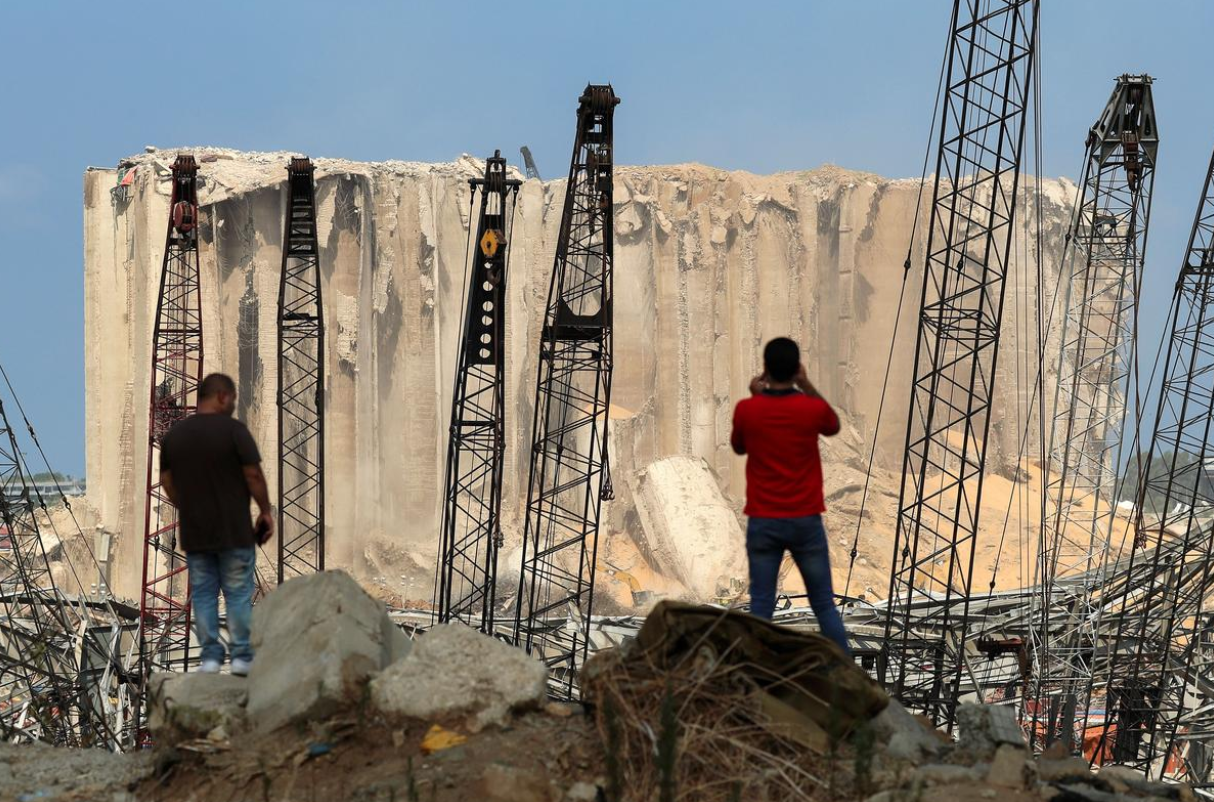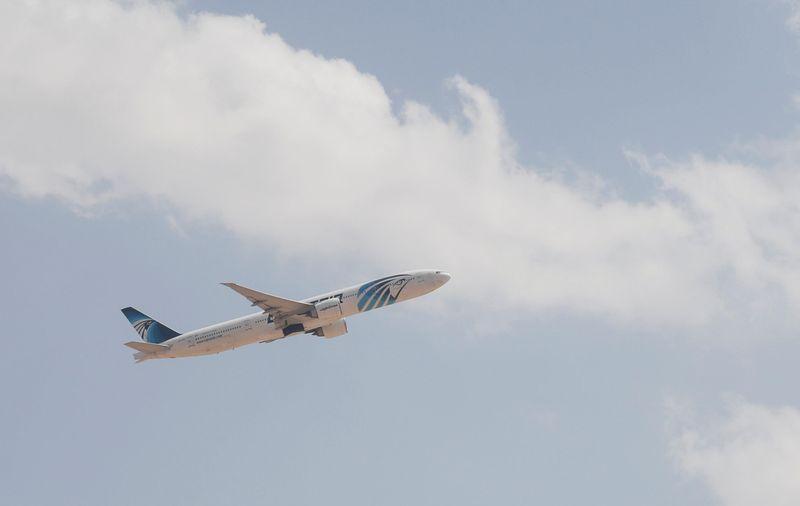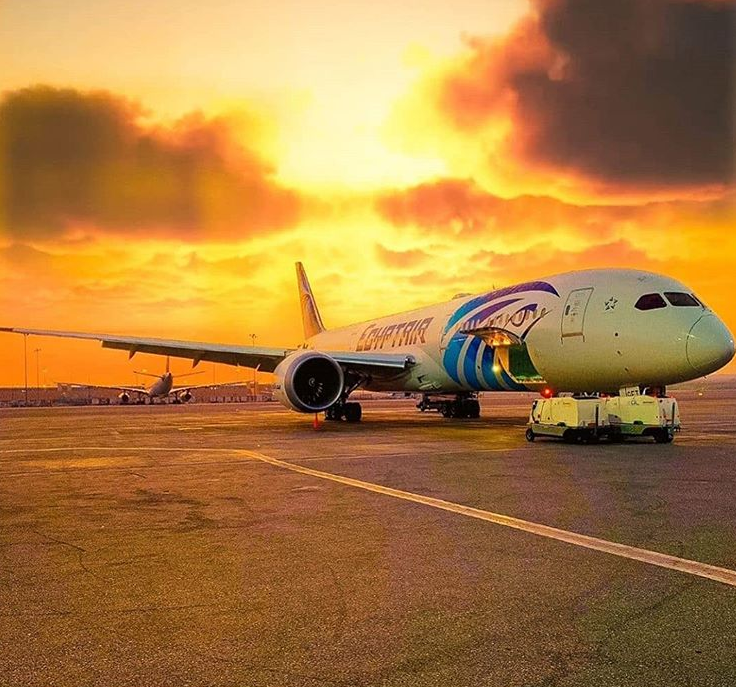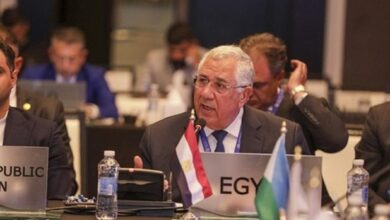
BEIRUT (Reuters) — Sitting amid the debris, Lebanese on Wednesday expressed their frustration at the state for abandoning them in their desperate efforts to rebuild after last week’s catastrophic Beirut port explosion compounded a dire financial crisis.
Lebanon has been plunged into further political uncertainty after the government resigned this week over the Aug. 4 blast that killed at least 171 people, injured some 6,000 and wrecked homes and businesses in large parts of the capital.
International humanitarian aid has poured into the Mediterranean city of some two million people and Germany’s foreign minister arrived in Beirut on Wednesday in the latest visit by a foreign dignitary.
But residents said they needed practical help now.
“Who knows what will happen. How will we get back to business,” said Antoinne Matta, 74, whose safe and lock store was heavily damaged by the blast. Five employees were wounded.
“We in Lebanon are used to the government not doing anything.”
Unrest has erupted with Lebanese calling for the wholesale removal of what they see as a corrupt ruling class they brand as responsible for the country’s woes, including an economic meltdown that has ravaged the currency, paralyzed banks and sent prices soaring.
Officials have said the blast could have caused losses of US$15 billion, a bill Lebanon cannot pay, given the depths of the financial crisis that has seen people frozen out of their savings accounts since October amid dollar scarcity.
The central bank has instructed local banks to extend exception interest-free dollar loans to individuals and businesses for essential repairs, and that it would in turn provide those financial institutions with the funding.
“Everything is gone”
Bandali Gharabi, whose photo studio was destroyed, said that so far local authorities had only give him a compensation sheet to fill out. He does not know if the bank will provide financial assistance because he already has a car loan.
“Everything is gone,” he said. “I just want someone to rebuild my shop.”
President Michel Aoun has promised a swift and transparent investigation into the blast at a warehouse where authorities say more than 2,000 tons of ammonium nitrate was stored for years without safety measures. He has said the probe would look into whether it was negligence, an accident or external factors.
Reuters reported that Aoun and Prime Minister Hassan Diab were warned in July about the warehoused ammonium nitrate, according to documents and senior security sources.
The presidency did not respond to requests for comment about the warning letter.
Diab, when announcing his cabinet’s resignation, blamed endemic graft for the explosion, which was the biggest in Beirut’s history.
The World Bank Group said last week it would work with Lebanon’s partners to mobilise public and private financing for reconstruction and recovery. An emergency donor conference on Sunday raised pledges worth nearly 253 million euros ($298 million) for immediate humanitarian relief.
Volunteers and construction workers with bulldozers were still clearing wreckage from neighborhoods more than a week after the blast. Rows of destroyed cars were still parked in front of damaged stores and demolished buildings.
Nagy Massoud, 70, was sitting on the balcony when the blast gutted his apartment. He was saved by a wooden door that protected him from flying debris. A stove injured his wife.
His pension is frozen in a bank account he cannot access due to capital controls prompted by the economic crisis.
“Where is the government,” he said, looking around his shattered apartment.
___
By Ghaida Ghantous, Michael Georgy
Editing by Alison Williams
Image: People look at the damaged port area, following a massive explosion, in Beirut, Lebanon, August 12, 2020. REUTERS/Alkis Konstantinidis




